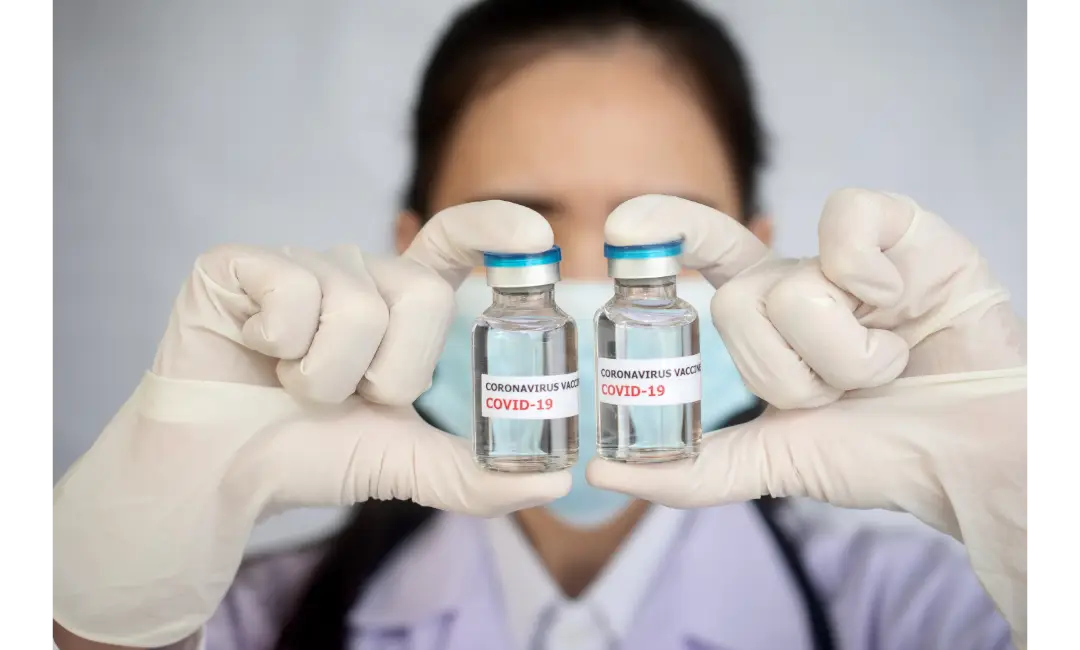
TOTO Neorest Smart Toilet Gold Coast Installation
by Gary Mays | Aug 8, 2025 | bidet
"Make the toilet the gateway to your health."
That bold promise launched Japan’s TOTO Neorest LS-W / AS-W smart toilets. On the outside, they are sculpted porcelain; inside, a pinpoint optical scanner studies every deposit and sends gentle diet tips to your phone.
TOTO’s Neorest LS-W and AS-W models epitomise the brand’s commitment to luxury, hygiene, and cutting-edge efficiency. These premium smart toilets combine sleek Japanese design with advanced technology, offering fully integrated features that enhance comfort and well-being. Both models are Watermark-certified, meeting Australian standards for quality and performance.
And yes—they’re now available in Australia. Leading bathroom retailers such as Vogue Spas, Austpek Bathrooms, and Harvey Norman list both models for nationwide delivery. Standard white finishes ship immediately, while black or silver variants can be pre-ordered for the next shipment (Vogue Spas quotes August 2025).
Gold Coast homeowners still ask, “Who installs and services one once it arrives?”
That’s where Whywait Plumbing comes in. We handle all the plumbing and electrical, filtration, commissioning, and annual servicing so that you can enjoy sci-fi wellness without the installation stress.
🚀 At-a-Glance Highlights
Four key points in ten seconds.
🚽 Complete Washlet comfort – heated seat, twin cleansing wands, warm-air dryer, deodoriser, auto lid & flush.
🔦 Barcode health insights – optical beam logs shape, colour, texture & volume in seconds.
💧 Wash Not Wipe hygiene – warm water removes what dry paper leaves behind.
🏖️ Whywait advantage – QBCC-licensed, trained technicians with same-day support Gold Coast-wide.
🧠 What Makes the Neorest "Smart"? Turning Porcelain into a Personal Health Hub
Modern dual-flush pans save water; the new Neorest adds genuine wellness features:
🔬 Optical stool scanner – barcode-style beam maps every deposit for trend analysis and early alerts.
7️⃣ Seven stool classes – mirrors the Bristol Stool Chart, clearly clarifying discussions with your GP.
📲 Encrypted app dashboard – Bluetooth graphs hydration, fibre & frequency, then nudges healthier habits.
💺 Heritage Washlet tech – front & rear cleanse, warm-air dryer and a heated seat for chilly winter mornings.
💦 E-Water+ & CEFIONTECT glaze – electrolysed mist and glass-smooth ceramic slash harsh chemicals and scrubbing.
🛠️ Professional Installation Matters – Why Expert Hands Prevent Expensive Headaches
Buying your TOTO toilet is step one; flawless fitting protects your warranty and peace of mind.
🔌 Dedicated 15 Amp RCD power – essential for the on-board electronics.
💧 Fine-mesh filter – shields solenoids from Gold Coast mineral sediment.
📏 Exact 305 mm set-out – the proprietary TOTO flange locks the pan solidly to the floor.
🔒 Secure pairing & firmware updates – we connect iOS / Android, update firmware and test encryption.
🎓 On-site tuition – every household member masters the remote in minutes.
Whywait registers your warranty before we leave and can organise any spare parts for rapid repairs.
🌟 Benefits You Feel Every Day – Comfort and Confidence in Every Flush
Technology is only valuable when it improves daily life; Neorest does precisely that.
🚽 Hands-free hygiene – lid rises, washes, dries and flushes automatically.
🔍 Early wellness alerts – subtle changes flagged well before symptoms appear.
🌿 Eco gains – paper use dives; electrolysed water reduces harsh cleaners in our sewers.
🌙 Night-friendly design – seat warmth and whisper flush end 2 am shock waves.
🛟 Local back-up – faults fixed thanks to on-hand components.
💧 "Wash Not Wipe" – Why Water Cleans Better Than Paper
TOTO’s campaign asks, “Wiping goes some way in making you feel and look clean, but what about remnant bacteria that gets smeared about?” We use water for dishes, hands and cars—so why rely on dry paper for our bodies?
Key facts from TOTO’s Wash Not Wipe handbook
💦 Water removes paper smears. Warm, aerated jets lift residue that paper merely pushes around.
😊 Comfort for sensitive skin. Temperature-controlled flow prevents chafing—essential for kids, seniors and post-surgery care.
🌎 Sustainability boost. One Washlet can save thousands of toilet-paper sheets per home each year.
📈 Proven success. Over 50 million Washlets have been sold worldwide since 1980.
🏆 Why a TOTO Neorest smart toilet Outclasses Conventional Pans
🚽 Hands-free everything – lid lifts, washes, dries & flushes without a touch.
🔦 Barcode health insights – real data paper can’t match.
💧 True water hygiene – cleans rather than smears.
🌿 Eco smarts – E-Water+ mist & high-gloss glaze save trees and chemicals.
🌙 24-hour comfort – heated seat, night-light, silent flush.
🔄 Future-proof firmware – updates add features; spare parts stocked in Australia.
🏖️ Rapid Gold Coast service – Whywait keeps genuine components for same-day repairs.
❓ Straight-Talk FAQs Seven Questions Gold Coasters Ask Most
Yes. Retailers like Vogue Spas, Austpek Bathrooms, and e&s show livestock for standard white models and pre-orders for coloured finishes.
Either works. We can supply a TOTO bidet of your choice or install a unit you purchase if the bidet is Australian-compliant.
The typical total on the Gold Coast ranges from $8k to $13, depending on the finish and electrical work.
No. Full: 3.8 L, Light: 3 L—both below WELS averages.
A manual flush button and gravity siphon keep it usable until power returns.
Yes. A seat sensor prevents the wand from extending unless someone is seated. The remote buttons can be locked.
B&H hold PCB, pump and wand modules locally; most repairs happen in one visit once a fault is diagnosed.
⚖️ CYA – Cover Your Arse (and Ours)
⚕️ Health: App data is informational; consult a GP for diagnosis.
🔌 Electrical: All mains work is carried out by licensed electricians under AS/NZS 3000.
🛠️ Warranty: Three-year parts & labour applies with authorised installation.
🔒 Privacy: You control passwords and log deletion.





